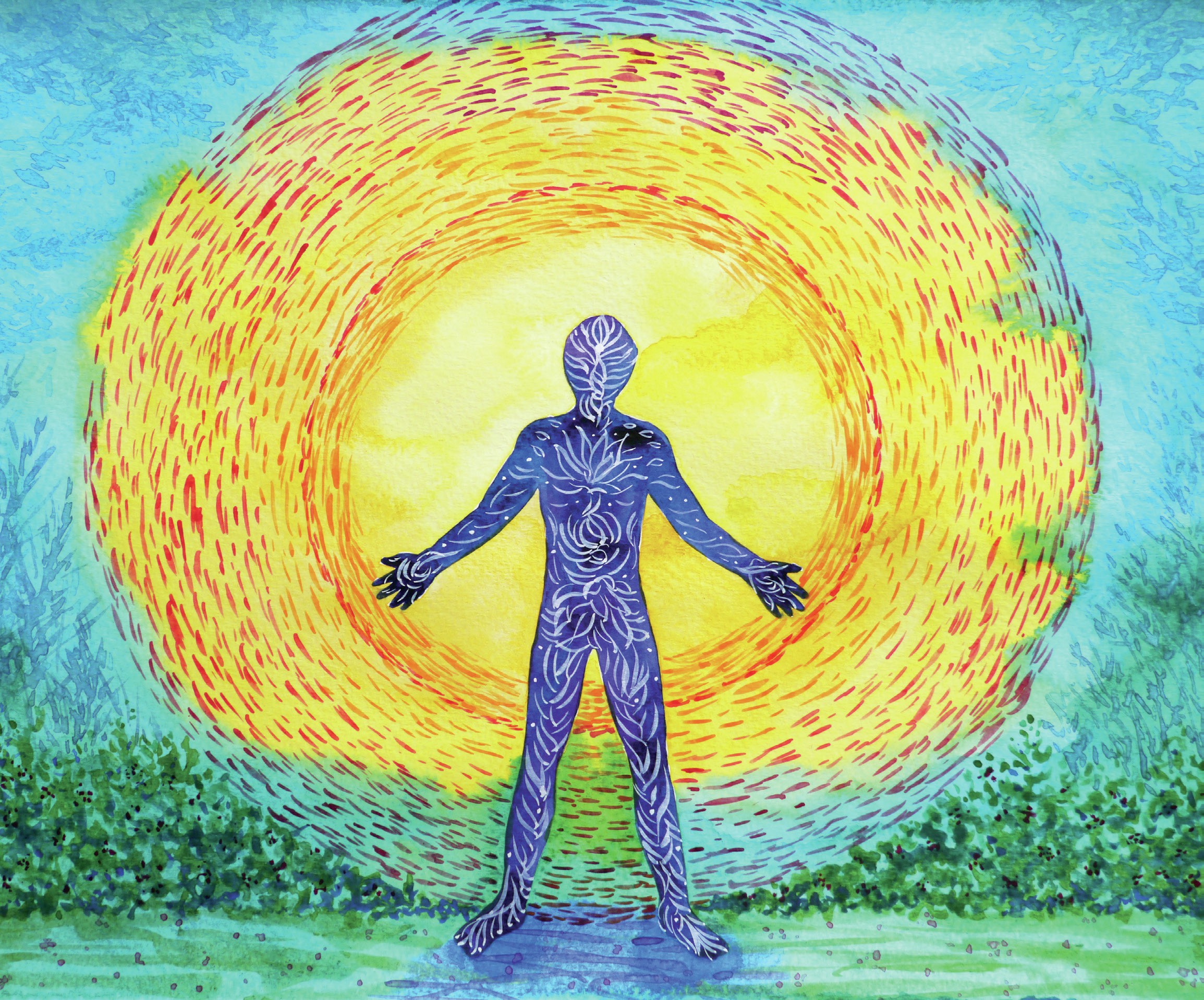
The philosophical position regarding human nature within conservatism was, until comparatively recently, always pessimistic. Key conservative thinkers such as Thomas Hobbes (1588–1679), Edmund Burke (1729–97) and Michael Oakeshott (1901–90) all took a negative view of humans’ moral, rational and psychological state of being. Only with the emergence of the libertarian branch of the New Right, influenced by the political ideas of Ayn Rand (1905–82) and Robert Nozick (1938–2002), was such distrust contradicted with an altogether more positive view of human nature.
This crucial difference has caused tensions within conservatism, because how you regard human nature influences your thinking on a range of other factors, such as the role of the state and the organisation of society and the economy.
Your organisation does not have access to this article.
Sign up today to give your students the edge they need to achieve their best grades with subject expertise
Subscribe




